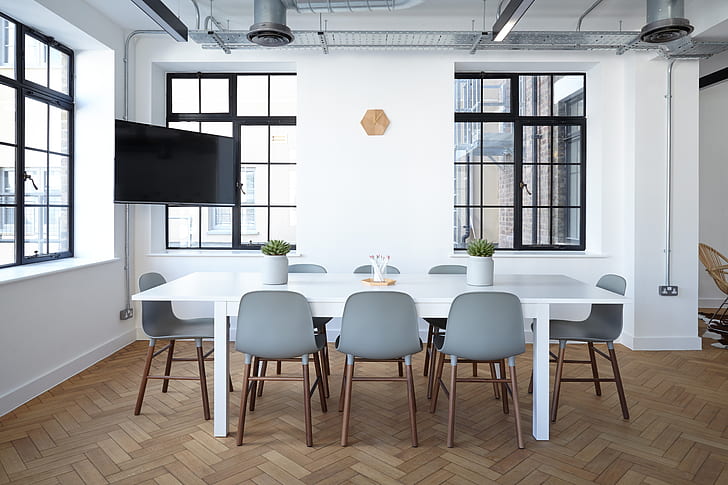Interior design is a great career choice if you’re visually creative but would prefer to not be a starving artist. However, even if you’ve always been great at decorating your own room or home, there’s a lot more to starting your own agency than asking your friends to let you redo their place and hanging out a shingle with your name on it. In fact, in many states, you can’t even call yourself an interior designer without proper certification. Staring your own agency may be a journey of years rather than months, but the steps below will get you there.
Education and Experience
Without the necessary experience and education, you might need to call yourself an interior decorator instead of an interior designer. This is far from a disaster, and there are plenty of thriving interior decorators, but you may make it easier on yourself by going the typical route of education and experience that will lead to eligibility for certification. Getting a bachelor’s degree in an accredited interior design program may seem like a big commitment, but you’ll be a better designer with a strong background in such areas as color theory, design history, lighting and safety codes. You’ll also be exposed to areas of specialization, and choosing one of those areas could strengthen your marketability. You can fund your education with a mix of scholarships, grants and student loans. Both federal and private student loans may be available. You can apply with your local bank and online lenders for private loans. After getting your degree and some work experience, usually two years, you will have the necessary qualifications for certification.
Doing the Legwork
At this point, you might want a few more years of experience under your belt, or you might be ready to take the plunge into working for yourself. If you’re at the latter stage, you need to do all the hard work of setting up your business: determining whether you’ll work from home or rent office space somewhere, creating a business entity and putting up a website. Professionals from attorneys to website designers can help you through these tasks if needed. You’ll need some samples of your work online. You should also determine what your rate will be. Keep in mind this needs to be higher than the hourly rate you were paid as an employee since self-employment taxes and overhead can be substantial.
Choose Your Brand
It’s important to know who you are and thus who you want to market to. Do you only want to work on high-end luxury homes or corporate offices, or would you rather work with people who are on a budget but still want beautiful living spaces? You could specialize in tiny homes or sustainable materials, or you might be the type of designer who exclusively does kitchens and bathrooms. Whatever you choose, think about your brand. What associations do you want people to have with your work, and how can you keep that at the forefront of your marketing? If you don’t spend much time on social media, it’s worth taking a short course or seminar in social media marketing, and you might even want to hire another freelancer to do this for you.

